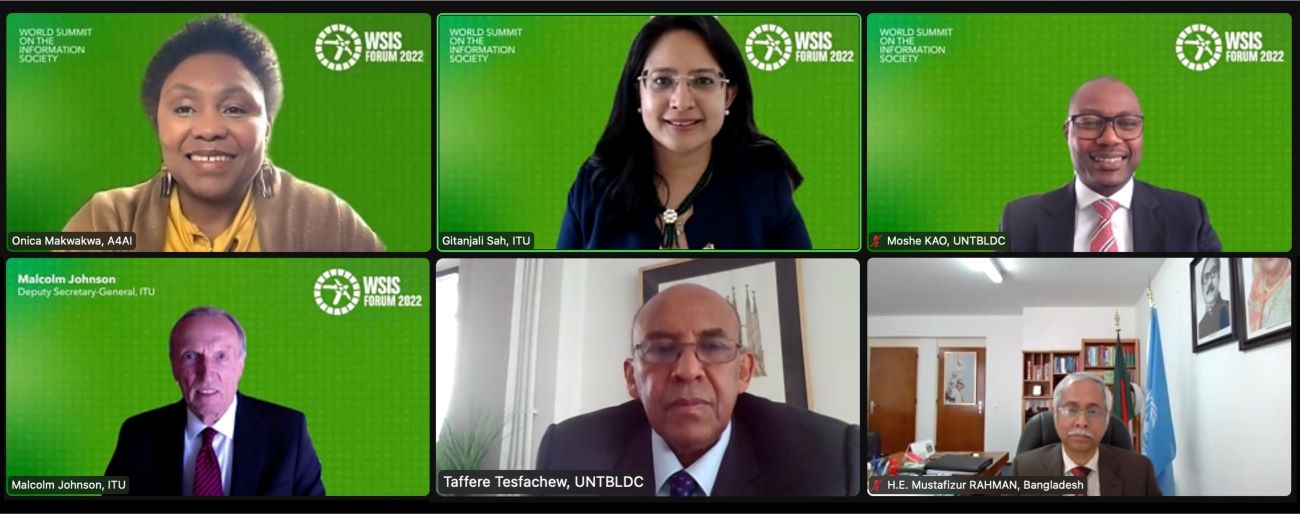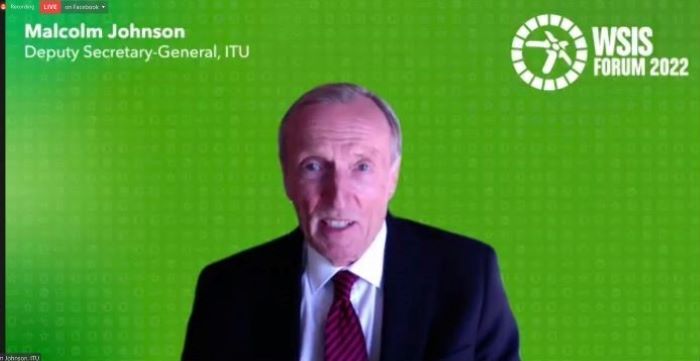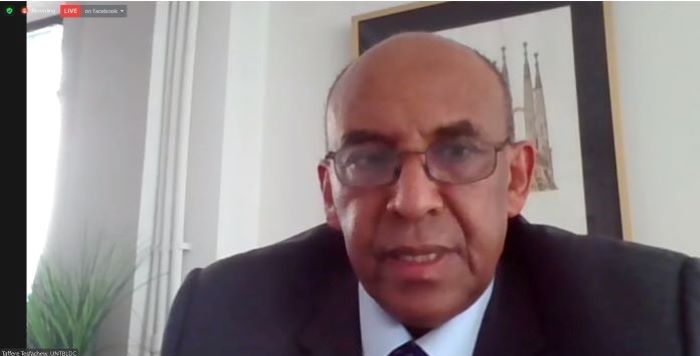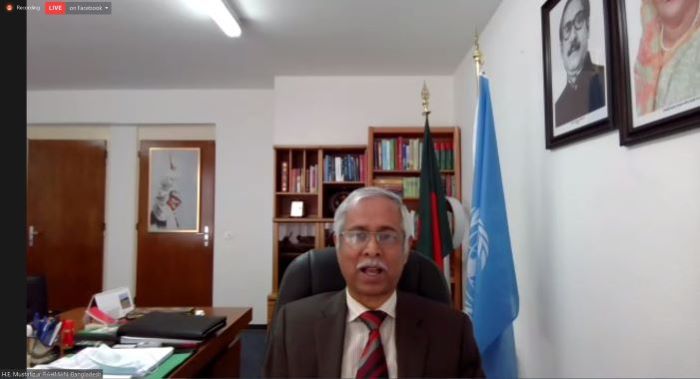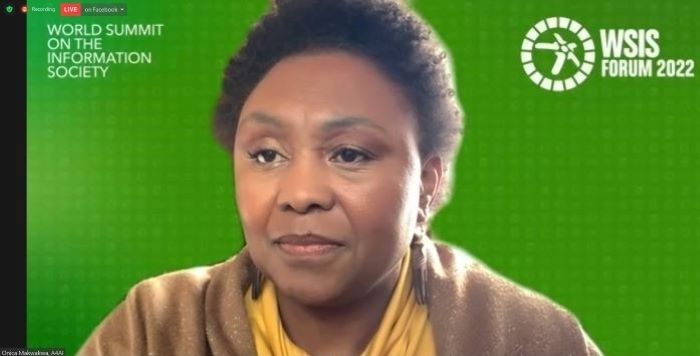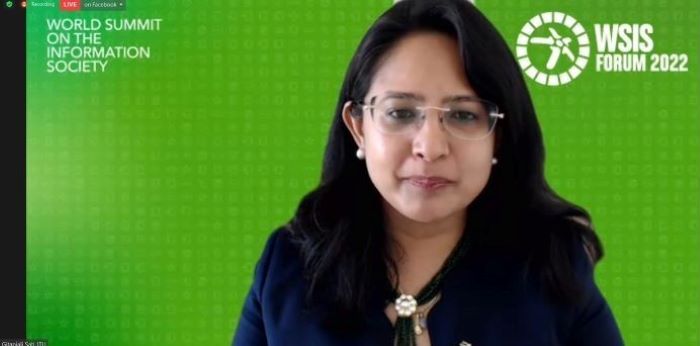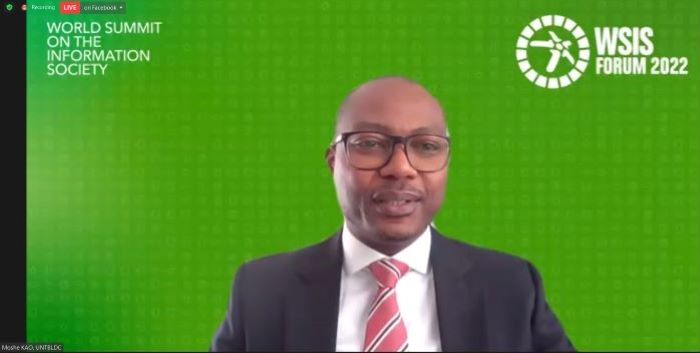Opening of the ICTs for Developing Countries (and Least Developed Countries) special track: Connectivity in LDCs
WSIS/ITU/UN Technology Bank for Least Developed Countries
Session 159
Connectivity has become a critical component to the socio-economic development yet of the 2.9 billion people who remain offline globally, a significant proportion live in the LDCs. In terms of internet access, the LDCs have a usage gap of 56% and a coverage gap of –17%. The International Bank for Reconstruction and Development & World Bank reports state that the lack of access to the internet is in part due to insufficient hard infrastructure such as the ‘3G Coverage Gap’ [1]and electricity access[2], with only 33% of the population in LDCs living within 10km of national backbone fiber. Other factors that compound this digital exclusion are the gender divide[3] and low skill and literacy levels. Financing and affordability are further fundamental elements to consider here. Currently for example, -3.5% of overall VC investments go towards LDCs. This complex interplay of causation has been further complicated by the significant decreases in GDP growth that LDCs have experienced since the beginning of the Covid-19 pandemic.
With this said, the Covid-19 pandemic has also brought into focus the value connectivity can bring to LDCs, particularly in areas such as health, education and business. For example, during the pandemic many of the 1.3 billion children worldwide who do not have access to the internet at home have been excluded from online learning. The LDCs who were able to mitigate this situation to some extent, such as Rwanda and Bangladesh, did so through their capacity in connectivity. The lack of access to meaningful internet also promoted inequality within and across societies especially in the LDCs.
Issues/Objectives
This session will be centered around a panel discussion including speakers from the UN TBLDC, an LDC member state, the private sector and academia. The panelist will address the questions below and there will also be an opportunity for questions for the participants in the latter part of the session.
- What is the COVID-19 impact on ICTs and development in LDCs?
- How can LDCs have access to meaningful connectivity?
- How can LDCs as address the increasing digital skills gap, , affordability or last mile coverage (LMC)?
- Gender inequality has been increased in LDCs, how can the international community support LDCs to address the challenge?
[1] ‘3G coverage gap’ – those living outside areas covered by mobile broadband networks – now refers to 600 million people or 7 per cent of the world population (Bahia & Delaporte, 2020)22.
[2] 10 per cent of the global population do not have access to electricity (International Bank for Reconstruction and Development & World Bank, 2019)
[3] The Gender Inequality Index (GII) is around 0/62 in LDCs, significantly higher than the benchmark of 1.0
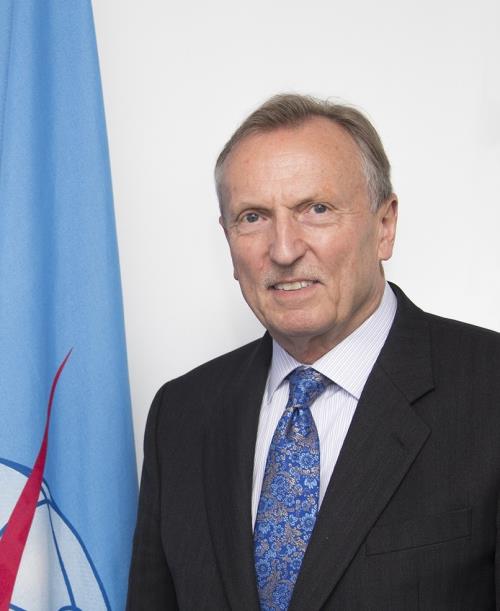

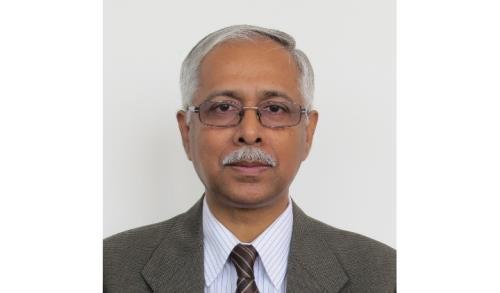
Ambassador Md Mustafizur Rahman has joined the Permanent Mission of Bangladesh to the UN Offices and other International Organizations in Geneva in September 2020. Prior to taking up his current position, Mr. Rahman was the High Commissioner of Bangladesh to Singapore since 2017.
A career diplomat, Ambassador Rahman joined the Bangladesh Foreign Service in 1993. During his long service, he worked as the Deputy Permanent Representative of Bangladesh to the United Nations in New York, Minister in the Permanent Mission of Bangladesh to Geneva, Deputy High Commissioner in Kolkata, India as well as other diplomatic positions in the Bangladesh Missions in New York and Paris. He also served in the Ministry of Foreign Affairs, Dhaka in different capacities including as the Director General of the United Nations Wing.
Mr. Rahman studied medical science at Sir Salimullah Medical College, Dhaka. Later on, he earned a Masters Degree (LLM) in Public International Law from the University of London, UK. He also obtained a Post-graduate Diploma in International Relations and Diplomacy from International Institute of Public Administration (IIAP) in Paris, France. Mr. Rahman also attended various courses in the University of York and University of Southampton, both in the UK. He is currently an off-campus PhD candidate at the Faculty of Law, Maastricht University, the Netherlands. Ambassador Rahman is an elected Board Member of the UN Joint Staff Pension Fund.
Apart from Bangla, his mother tongue, Mr. Rahman speaks English and French.
Ambassador Rahman is married and blessed with two sons.
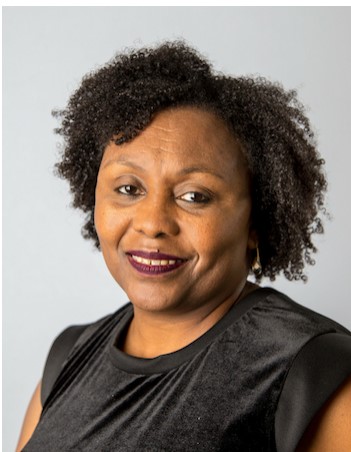
Leads the multi-stakeholder engagement across Africa for the Alliance for Affordable Internet focusing on advancing good practices in policy and regulatory frameworks for affordable and meaningful access to broadband. She also convenes the Africa Summit on Women and Girls in Technology. A consumer, civil and digital rights advocate, Onica has managed and pioneered various national and international campaigns and policy change processes for women’s rights, civil rights, consumer rights, media and digital transformation initiatives. She brings a strong sensitivity and unique perspective to the dynamics affecting women, and other disadvantaged populations.

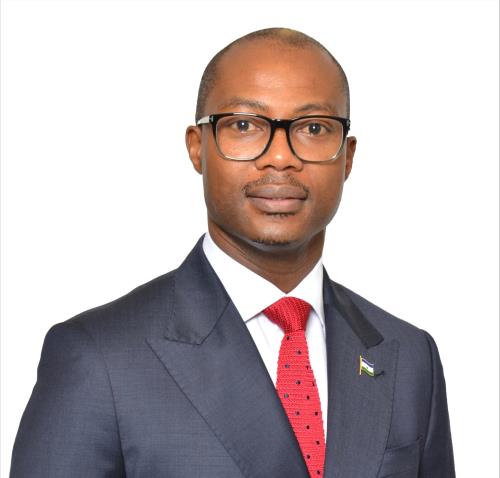
-
 C1. The role of governments and all stakeholders in the promotion of ICTs for development
C1. The role of governments and all stakeholders in the promotion of ICTs for development
-
 C2. Information and communication infrastructure
C2. Information and communication infrastructure
-
 C3. Access to information and knowledge
C3. Access to information and knowledge
-
 C4. Capacity building
C4. Capacity building
-
 C5. Building confidence and security in use of ICTs
C5. Building confidence and security in use of ICTs
-
 C6. Enabling environment
C6. Enabling environment
-
 C11. International and regional cooperation
C11. International and regional cooperation
-
 Goal 1: End poverty in all its forms everywhere
Goal 1: End poverty in all its forms everywhere
-
 Goal 2: End hunger, achieve food security and improved nutrition and promote sustainable agriculture
Goal 2: End hunger, achieve food security and improved nutrition and promote sustainable agriculture
-
 Goal 3: Ensure healthy lives and promote well-being for all
Goal 3: Ensure healthy lives and promote well-being for all
-
 Goal 4: Ensure inclusive and equitable quality education and promote lifelong learning opportunities for all
Goal 4: Ensure inclusive and equitable quality education and promote lifelong learning opportunities for all
-
 Goal 5: Achieve gender equality and empower all women and girls
Goal 5: Achieve gender equality and empower all women and girls
-
 Goal 7: Ensure access to affordable, reliable, sustainable and modern energy for all
Goal 7: Ensure access to affordable, reliable, sustainable and modern energy for all
-
 Goal 8: Promote inclusive and sustainable economic growth, employment and decent work for all
Goal 8: Promote inclusive and sustainable economic growth, employment and decent work for all
-
 Goal 9: Build resilient infrastructure, promote sustainable industrialization and foster innovation
Goal 9: Build resilient infrastructure, promote sustainable industrialization and foster innovation
-
 Goal 10: Reduce inequality within and among countries
Goal 10: Reduce inequality within and among countries
-
 Goal 16: Promote just, peaceful and inclusive societies
Goal 16: Promote just, peaceful and inclusive societies
-
 Goal 17: Revitalize the global partnership for sustainable development
Goal 17: Revitalize the global partnership for sustainable development
